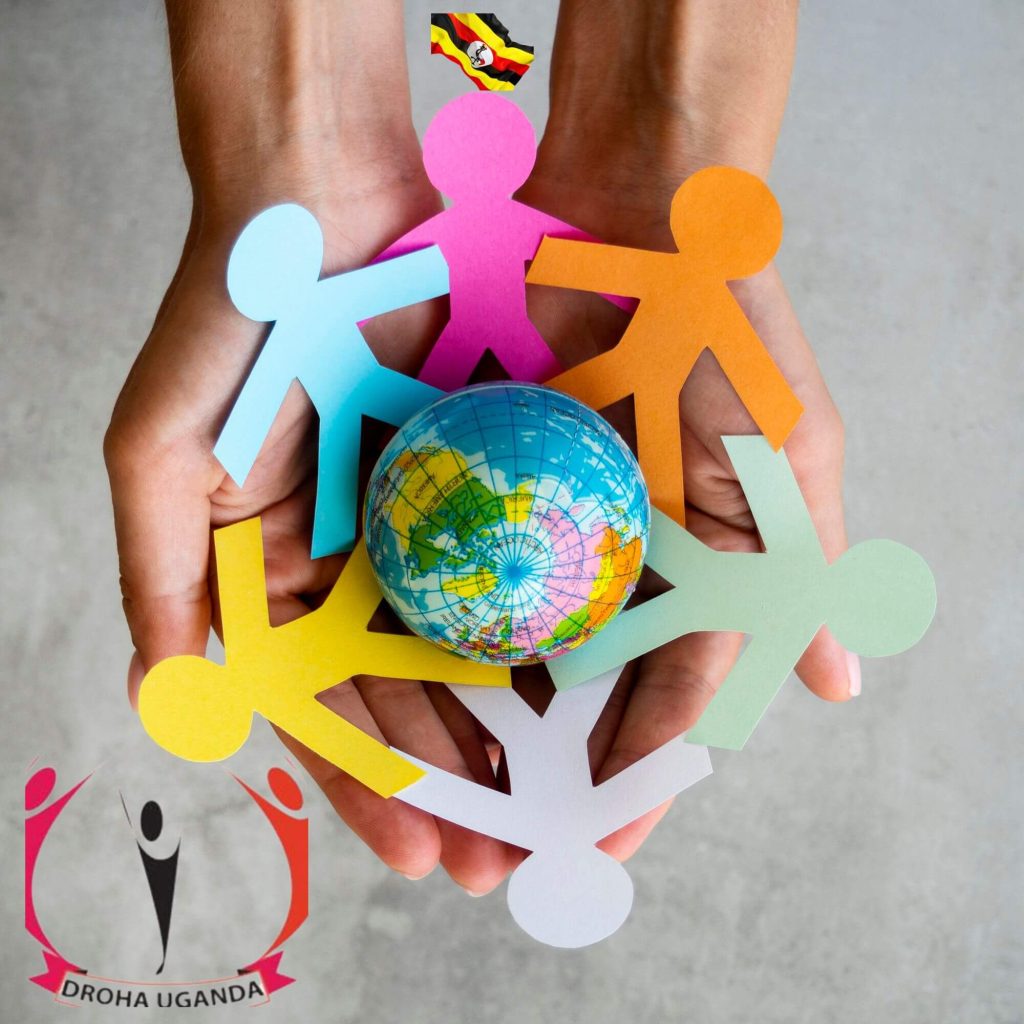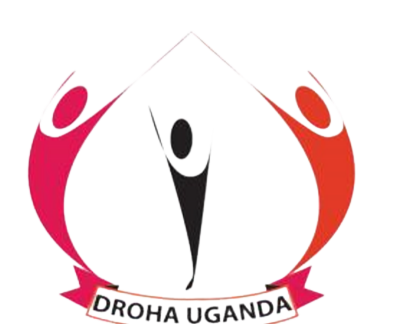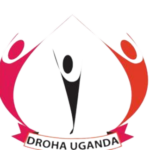Title: Navigating Culture and Custom Challenges in Project Implementation: Insights from Uganda with Droha Uganda.
Introduction:

Embarking on projects in culturally diverse settings demands a deep understanding of local
customs and traditions.
That’s why the idea of localization at a global level was a well thought out idea, it’s not only in terms of best resource utilization but also it mitigates and creates a very enabling environment to deal with diversity in culture.
Uganda, with its rich cultural tapestry, offers a unique landscape for project implementation. In this article, we delve into the cultural nuances of Uganda and explore how they intersect with the initiatives of Droha Uganda, an NGO committed to positive
change within the region.
1. Collectivism:
Droha Uganda recognizes Uganda’s communal culture and embraces extended consultation
processes to foster community consensus. Through inclusive decision-making, the NGO aims to
ensure that its projects align with the needs and values of the local population.
2. Respect for Authority:
In line with Ugandan customs, Droha Uganda actively engages with local leaders, respecting the
cultural hierarchy. This approach not only facilitates effective communication but also builds
trust and acceptance within the communities they serve.
3. Language Diversity:
Understanding the linguistic diversity of Uganda, Droha Uganda employs translation services
and ensures that project materials are accessible in multiple languages. This commitment to
inclusivity enhances communication and community engagement.
4. Time Perception:
Acknowledging the relaxed attitude towards time in Uganda, Droha Uganda adopts flexible
project timelines. This allows for the building of relationships and an understanding of local
perspectives on time, fostering collaboration with communities.
5. Traditional Beliefs:
Droha Uganda navigates traditional beliefs with sensitivity and community engagement. By
incorporating local perspectives, the NGO ensures that its projects align with cultural values,
minimizing potential conflicts.
6. Gender Roles:
Droha Uganda actively considers and addresses traditional gender roles in its projects. The NGO
is committed to promoting inclusivity and empowerment, recognizing the importance of
engaging with existing gender dynamics.
7. Corruption:
To tackle challenges related to corruption, Droha Uganda prioritizes transparency and ethical
practices in its project implementation. This ensures that initiatives are conducted with
integrity, gaining the trust of both local communities and stakeholders.
8. Infrastructure Challenges:
Droha Uganda recognizes the importance of addressing infrastructure challenges. The NGO
actively works to improve accessibility in project areas, facilitating the smooth implementation
of initiatives.
9. Educational Levels:
Understanding the varied education levels in Uganda, Droha Uganda tailors its communication
strategies to ensure that project initiatives are understood and embraced by all segments of the
population.
10. Health Challenges:
Droha Uganda prioritizes health measures to mitigate challenges related to prevalent diseases,
recognizing the impact of health on workforce and project progress.
Conclusion:
Droha Uganda exemplifies the importance of a collaborative and community-centric approach in
navigating cultural challenges. By engaging with local communities, understanding their unique
needs, and adapting project strategies accordingly, the NGO contributes to positive change
while respecting and preserving the rich cultural fabric of Uganda. In doing so, Droha Uganda
sets an example for effective and culturally sensitive project implementation in diverse
environments.

